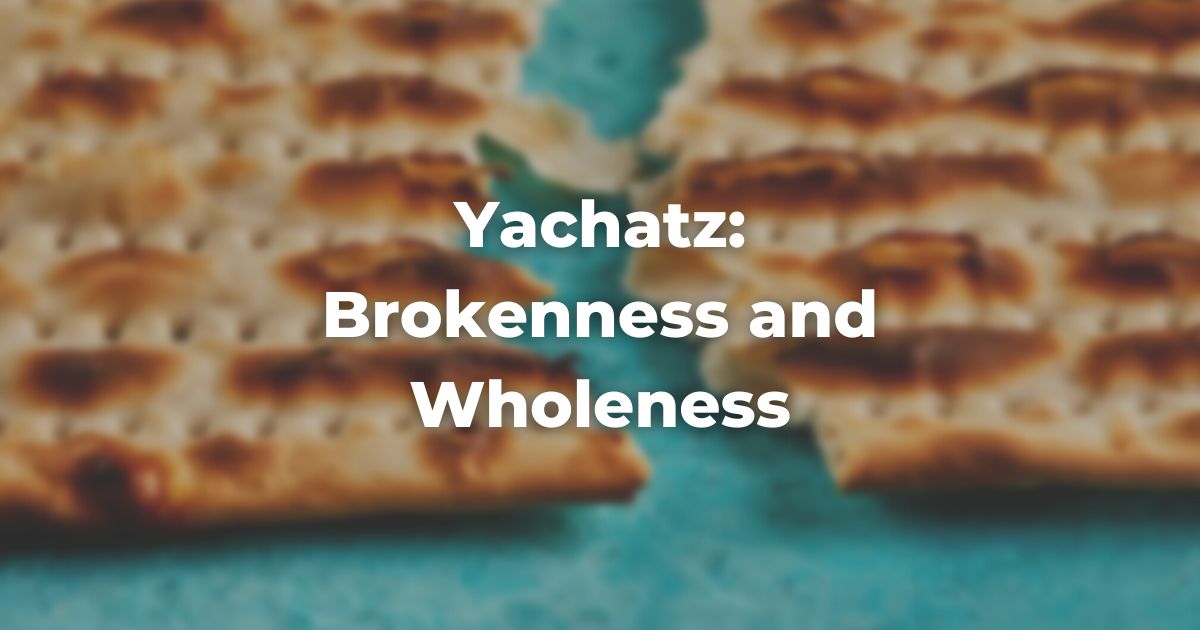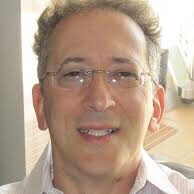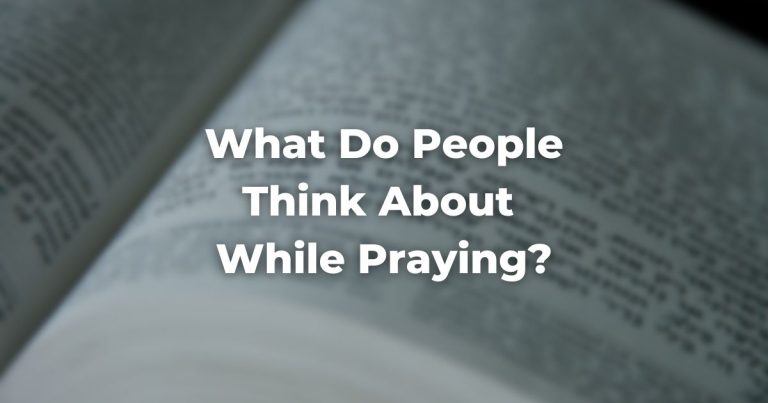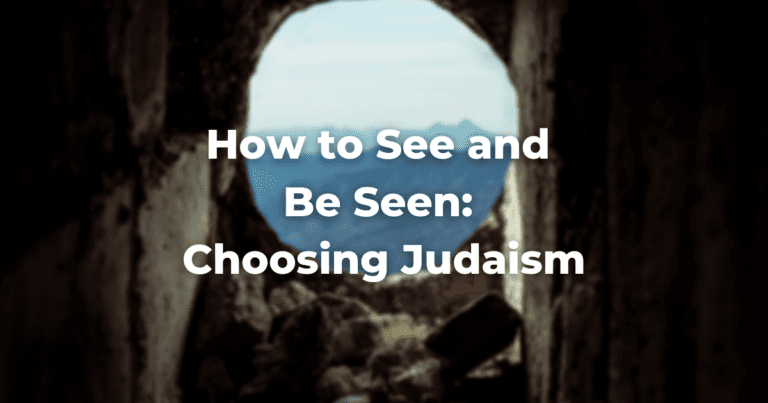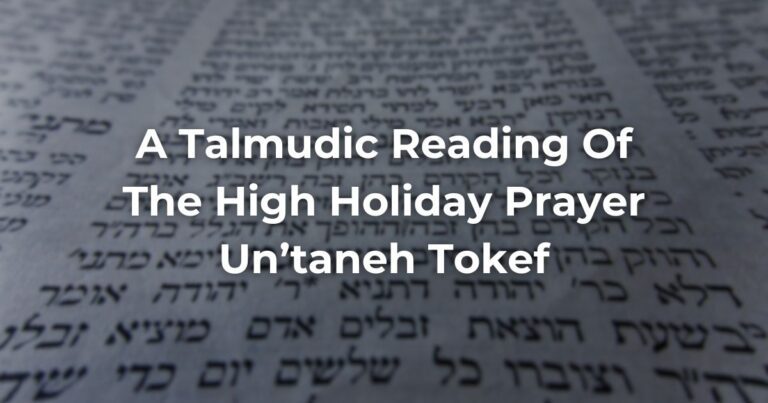Yachatz is one of the essential steps of the Passover Seder. In this step, we formally break the middle of our three matzahs. We take the larger of the broken halves and hide it as the afikoman. We put the smaller half back in the stack, in between the top and bottom matzot on the table
Brokenness Is Part of the Passover Story
Yachatz represents brokenness and the possibility for wholeness. Think about it: So much of the Passover story is about brokenness:
- Our trust in Pharaoh is broken when a new Pharaoh (“who knew not Joseph”) arose, refusing to recognize Joseph’s accomplishments, and we were suddenly enslaved.
- Our backs were breaking from the toil of slavery, particularly after Pharaoh upped the quotas and reduced the materials we might use.
- Hearts were broken when the first-born Israelite male babies were murdered in the Nile River by government order.
- Pharaoh kept breaking his promise, now allowing the Israelites to leave but then “hardening his heart” and refusing to let this happen.
- Later the waters of the Sea of Reeds break open, enabling us to cross to safety on the other side.
Yet the Seder invites us to move from our communal memory of that time to reflection on our present. In that light, I invite you to consider (and perhaps ask at your seder!):
- In what ways does the world seem broken today?
- And what systems already in place might need breaking to make the world a better place?
Sharing Bread/Matzah Is a Path Forward
One beautiful explanation offered by the Sages for this Yachatz ritual helps promote one path toward making the world less broken, if not completely whole.
This explanation asserts that the act of breaking the matzah re-enacts the manner in which the Israelite slaves conducted themselves during their enslavement in Egypt.
An Israelite slave who was fortunate to have had a bit more would break off a piece of their bread and share it with a fellow slave who had less. The ritual of yachatz, then, highlights the character strength of kindness, the remarkable unity of our people forged during the deprivation of living under Pharaoh, the solidarity that we had with all of the oppressed slaves–Israelite or not–and the resilience that our ancestors modeled even though their lives were broken.
World Transformation Begins with Ourselves
Moreover our tradition recommends that our work at fixing the world’s brokenness begin with ourselves. For the Passover Haggadah states, “In each and every generation, each person must see themself as having been personally redeemed from Egypt.” So I also invite you to consider:
- In what ways are you broken?
- What patterns, habits, and routines of yours need breaking?
As we prepare our homes for Passover, then, we should also prepare our hearts. At the Seder, when we get to Yachatz we reconnect with our own broken-heartedness. We honor our cracked surfaces and sharp edges, unafraid to see our brittleness and brave enough to see our beauty. Reaching for wholeness, we begin to piece together the disparate parts of ourselves.
As we celebrate our Passover seders, let us be inspired to seek a world in which we and the world are again whole.
Let us embrace our entire selves, including our rough edges and broken parts.
Let us remain attuned to the brokenness within us and around us.
Let us share what we might with others who experience brokenness, too.
Let us remain in solidarity with our people, our traditions, and our values.
Let us forge alliances and friendships with all people.
As we take in the lessons of Yachatz, may we start to envision and enact a better world, shaped, at least in some small way, by the better version of ourselves that emerges.
Chag kasher v’samei-ach! May you have a meaningful, healthy, joyful, delicious Passover, one that leads you again to the path of wholeness.
Author
-

Rabbi Dr. J.B. Sacks (he/him) is the spiritual leader of Congregation Beth Shalom (Palm Desert, California). The first openly LGBTQ+ rabbi in the Conservative Movement, Rabbi Sacks is an advocate for inclusion in Jewish life and social justice. His most recent publication is Psalms in the Key of Healing. Rabbi Sacks is the eighteenth generation of rabbis on his mother’s side and lives with his husband Steven Karash in Palm Desert, California. They have an adult son, Evan.
View all posts

